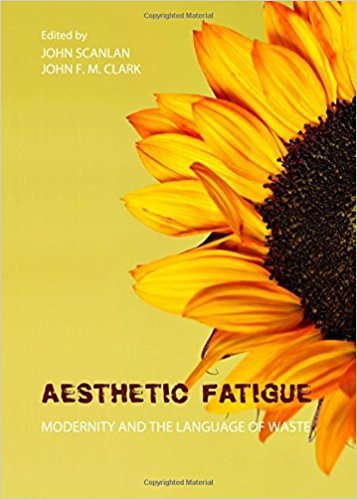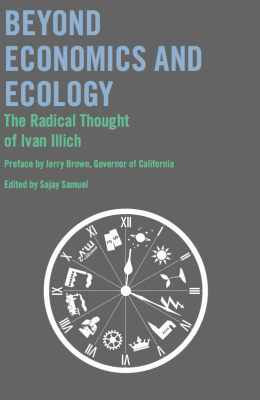Description
This post is also available in:
 العربية (Arabic)
العربية (Arabic)
Aesthetic Fatigue: Modernity and the Language of Waste
This book has been translated by Kalima Project for Translation
While our sense of waste is today conditioned by the ascendency of a sustainability agenda that reaches from global politics to the design of systems of energy conservation, the phenomena that come to constitute an entire language of waste also work against the possibility of those attempts to find the means of sustainable living in exceptionally subtle ways.
It is not just because the stuff of waste may pollute, or that it illustrates the profligate use of scarce resources that we have to be concerned about it.
It is also the case that aesthetic sensibility, consciousness, and time-awareness come to be bound up in modern experience and, as such, are equally deserving of our attention if we want to address the possibilities and limits of living and thinking in ways that are sustainable.
And the reason is simply that our sense of what waste is creates a space-an interior life, a sensibility-where our normal attentiveness to present or future concerns becomes disengaged.
The language we use to come to terms with waste characterises modern life’s pursuit of order, efficiency and perfection as itself the source of a kind of aesthetic fatigue; a sense of a world that seems to be running down. Aesthetic Fatigue: Modernity and the Language of Waste examines a strange and seemingly paradoxical relationship: between progress and decline, novelty and obsolescence, value and waste.
It reveals how modernity, with its desire to colonise unknown terrain and turn nature into use-value organises our sense of time, our needs and interests in ways that profoundly remake our relationship with the environment.
Aesthetic Fatigue: Modernity and the Language of Waste
For more books, click here
This post is also available in:
 العربية (Arabic)
العربية (Arabic)

 English
English 




